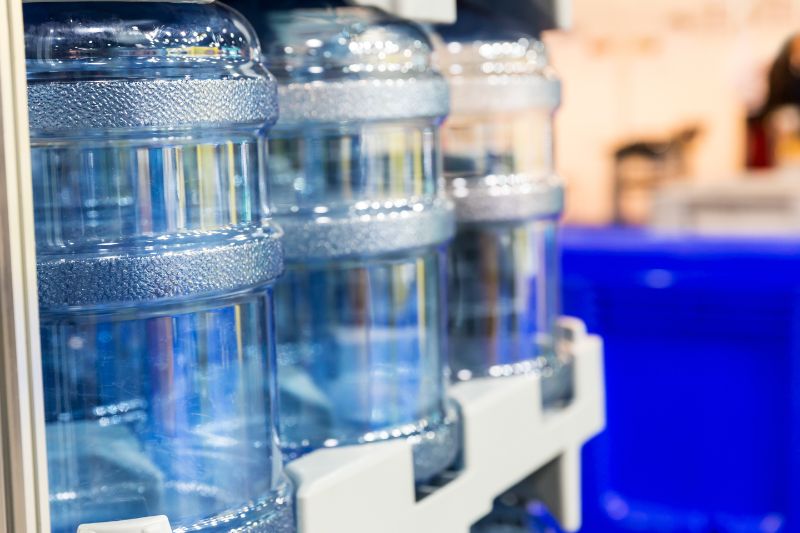How Salt-Free Water Softeners Work?
Water softeners are a great way to get rid of hardness and reduce scale buildup in your pipes. They also prevent clogs in your plumbing and protect expensive appliances like dishwashers, water heaters, and ice machines from limescale buildup that can lead to costly repairs or replacement.
(Looking for a “water testing device“? Contact us Today!)

The first step in deciding whether you need a water softener is to conduct a water test. This will help you determine if your water is too hard for it to be treated with a softener and how much salt you need in the system.
You can use a simple water hardness testing kit to find out how hard your water is. This test is performed by filling a vial to the designated line, adding drops of soap, and shaking the vial until suds form.
If your water is rated at 10 grains per gallon or higher, you should look into getting a water softener. The most common type of water softener is a resin tank that contains a bed of ions. As the water runs through the ions, it removes dissolved minerals that a filter will not capture.
Normally, this process works by pulling calcium (Ca2+) and magnesium (Mg2+) from the water. Then, the resin bed exchanges them with sodium ions in order to replace them.
As the ions move through the beads, they absorb other impurities in the water as well. These impurities include iron, manganese, and hydrogen sulfide. The ions will then be flushed away in your home’s water supply.
In addition, the salt in the salt-based water softener will be removed, which means your drinking water will be less likely to contain sodium. This can be a benefit if you or someone in your household has high blood pressure or other health issues that prohibit the consumption of salt.
Another downside to salt-based systems is that they replace magnesium and calcium with sodium, which can cause your water to become too soft. This could impact the performance of expensive appliances and make your water unsafe for drinking.
Luckily, there are many ways to soften your water without using any salt at all. These are called “salt-free” or “conditioning” water softeners.
These types of water softeners do not actually remove any hard water particles; they simply condition them so that the particles are no longer able to adhere to surfaces and cause scaling. They are typically more affordable and less energy-efficient than traditional salt-based systems, but they do not perform as effectively or offer the same benefits as their salt-based counterparts.
There are several ways to soften your water, but the most effective ones are electrostatic or magnetic models. These softeners use electrical energy to magnetize the hardness ions, preventing them from clinging to surfaces and causing scaling.
They are an attractive option for smaller homes and do not require a lot of electricity, which makes them easier to maintain. In addition, they don’t have to be plumbed into your home, which is a plus for homeowners who don’t want to install a new system.

